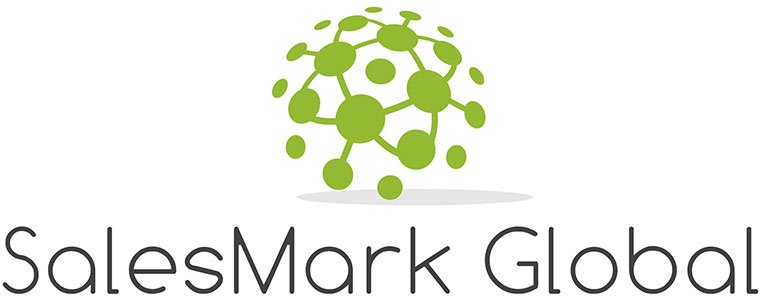The Power of Building Your Own Contact Database
Table of contents
1. Considering Purchasing Marketing Contact Lists?
2. Where to Source Business Contacts for Your Database?
3. What’s the Cost of Business Contact Bases?
4. How to Enhance Your B2B Marketing Database?
5. What Are the Benefits of Having This Information?
Running a business? Need to reach out to other businesses? Well, having a bunch of contacts can be extremely helpful. It’s like having a phonebook full of potential customers and partners. Sure, you could buy one, but those can be expensive and not very useful. It’s better to make your own by chatting with people in your industry and collecting information from your website visitors. That way, you get contacts that actually matter to your business.
1. Considering Purchasing Marketing Contact Lists?
Considering purchasing a pre-made contact list? Think twice! While it appears convenient, these lists often contain outdated or irrelevant contacts, squandering both time and money. Building your own database ensures relevance and quality, tailored to your business needs. By networking and gathering contacts yourself, you maintain control over the process, ensuring each contact serves a purpose. This approach not only saves money but also guarantees that every connection is valuable, potentially leading to more fruitful business relationships. So, before reaching for that pre-made list, consider the benefits of creating your own custom database—it’s an investment in quality over quantity.
2. Where to Source Business Contacts for Your Database?
Information about your contacts can come from various places. Social media platforms like LinkedIn and Twitter, as well as company websites, often have personal and organizational data that people share. You could manually gather this data for free, but it’s time-consuming, and there’s no guarantee it’s up-to-date.
Alternatively, there are B2B data providers and lead generation companies offering data lists for sale. However, not all lists are the same—they vary in quality, compliance, freshness, and cost, impacting your targeting accuracy and long-term ROI.
Certain sources, like paywalled websites or financial intelligence platforms, hold valuable customer data. Accessing their databases may require a subscription, permission, or payment, offering rich B2B contact information.
3. What’s the Cost of Business Contact Bases?
Building a business contact base can be costly, depending on your approach. Networking and collecting contacts yourself might only require your time, while purchasing contact lists or using third-party services can incur expenses. Contact database providers vary in price, influenced by factors like the number of contacts, accuracy, coverage, filtering options, lead scoring, direct dials, compliance, intent data, integrations, ease of use, and customer support. Investing in a quality database ensures access to accurate and relevant contacts, facilitating targeted marketing efforts and potentially increasing sales and business growth.
4. How to Enhance Your B2B Marketing Database?
Tracking and updating an accurate organizational database is a key success element for effective B2B marketing. Continuous updating of the outdated contacts as well as segmenting the database based on common factors such as industry and location category will help to make the marketing efforts targeted and individual. Using a CRM system helps marketers keep customers’s information and contacts in one place where they can be quickly found and tracked.
B2B targeted marketing cannot be successful in the absence of high-quality contact data. With the extension of essential data with demographic, firmographic, technographic, chronographic, and intent data, analytics of youthful insights is enhanced. This holistic approach empowers marketers to curate their strategies, forecast the behaviors of consumers, and, in the end, increase conversions. In the present data-driven marketing environment, the quality of contact data often plays a determining role in the success of marketing campaigns.
5. What Are the Benefits of Having This Information?
A robust B2B contact base offers myriad benefits for businesses. Direct outreach to potential clients or partners saves time and boosts efficiency. Personalized marketing campaigns, facilitated by targeted databases, increase lead generation and drive sales. Moreover, maintaining connections with existing customers fosters loyalty and encourages repeat business. For instance, when SaaS marketing teams collect lead details, personalized outreach alone may not suffice. B2B data providers fill gaps, streamlining planning. Combining various information types in a marketing contacts database enhances versatility, enabling the identification of key decision-makers for email campaigns and facilitating highly targeted ABM initiatives.
Nowadays, in the business arena, where everything is about competition, how precisely you develop B2B relationships determines the ultimate success. It proves very useful in many different aspects of your business’s marketing strategy, in a way that will help you to better market your products or services, strengthen your network, and increase the number of customers. Indeed, the main process of getting to the point and preserving a contact base may be time-consuming and labor-intensive, but the benefits exceed the effort. Therefore, start building your network and getting contacts, and your business is guaranteed to flourish!
Visit Our SalesMarkBlog Section to Uncover the Sales Strategies That Ignite Your Sales Journey!



